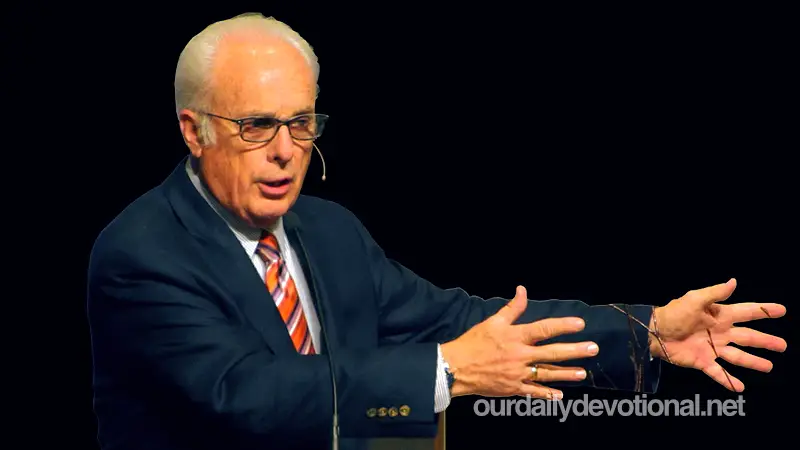Rectangular mass of clay kneaded in water, hardened by baking in an oven (Gen. 11:3) or by drying in the sun (Herodotus 2:136). If the clay was mixed with straw, the bricks were to be left to dry in the sun (Ex. 5:7).
In Mesopotamia, brick was the main building material. Stone was a material not available locally, and had to be brought from far away. It was only used to reinforce the floors, doors, and to ornament the palaces in friezes and statues.
In Babylon, bricks were frequently baked, while in Nineveh, as in Egypt, they were dried in the sun. In the latter country, the manufacture of bricks, considered painful and unhealthy, was left to the slaves; the Hebrews had this task during their slavery in Egypt (Ex. 1:14; Ex. 5).
In the tomb of Rekhmire, grand vizier of Thutmose III, Semitic slaves are seen engaged in this work. Ramses II (about 1290 BC in the commonly accepted chronology, 793-726 BC in the revised chronology; see EGYPT and PHARAOH, Bibliography, Courville, etc.) rebuilt the city of Zoan-Avaris (the Ramesses of Ex. 1: 11), and the bricks are marked with his name. The Israelites learned how to make bricks in Egypt, and they retained almost exactly the same methods.
In many places in the Middle East, bricks are still made by mixing clay with straw and kneading in water. After giving the brick shape using moulds, they are left to dry in the sun.
Meaning of BRICK
Rectangular mass of clay kneaded in water, hardened by baking in an oven (Gen. 11:3) or by drying in the sun (Herodotus 2:136).







